The AFL Pride Game creates headlines and prompts important conversations each year, but it is at the community level where the message really hits home.
The AFL Pride Game began at grassroots level when young footballer Jason Ball publicly came out as gay in 2012. His teammates from the Yarra Glen Football Netball Club wanted to show him they had his back and came up with the idea to stage a Pride Cup, with players wearing rainbow jumpers, and 50 metre lines painted in rainbow colours.
It was an event that galvanised the entire community and became the inspiration for the now annual AFL Pride Game, first played between St Kilda FC and Sydney Swans in 2016.
Since hitting the national stage, communities across Australia have joined the movement, with Pride Cups being expanded into other sporting codes nationally.
155 clubs were involved in a Pride Game in 2019 alone, showcasing the desire for local clubs to break down barriers that have traditionally left LGTBIQ+ members feeling excluded.
In conjunction with VicHealth and Monash University, Pride Cup Australia yesterday released research findings that highlight the importance of the Pride in Sport Movement.
The research shows the use of homophobic language amongst community sport – that is so prohibitive to members of the LGTBIQ+ community feeling welcome, was lower after participants had been part of a Pride Cup.
It also found that the range of benefits to local clubs included additional sponsorship opportunities, larger crowds in attendance and improved relationships with local councils and other community groups.
Co-founder of Pride Cup Australia James Lolicato said Pride Games in local communities caused an important “ripple effect”.
Lolicato used Hamilton in southwest Victoria as a prime example.
“When we went down for the Pride Game at Hamilton it was a Saturday afternoon and the streets were empty because everyone in town is at the footy.
“To have the whole community from the local Mayor to junior footballers seeing their heroes (the senior players) running out in Pride jumpers, it sends an important message that has a ripple affect.”
“The entire town supported the day with local shops competing for the best rainbows in their shop displays and the message that sends to the members of the local LGTBIQ+ community is pretty incredible.”
Pride Cup Australia was established to support local football, netball clubs and teams across all sports in hosting their own Pride Game.
“As an organisation we don’t actually reach out to clubs but rather they come to us,” he said.
“People hold games for a variety of reasons. It might because of a local player who is part of the LGTBIQ+ community or it might be because that they have seen other Pride Games and wanted to promote a similar message within their community.
“Once they decide to have a game, they register with us and we provide the support to host the match.”
Lolicato said the AFL Pride Game played an important role.
“To have a Pride Game at the national level and broadcast on national TV sends a strong message and we always see a spike in people registering their Pride Games with us after the AFL game is played each year.”



